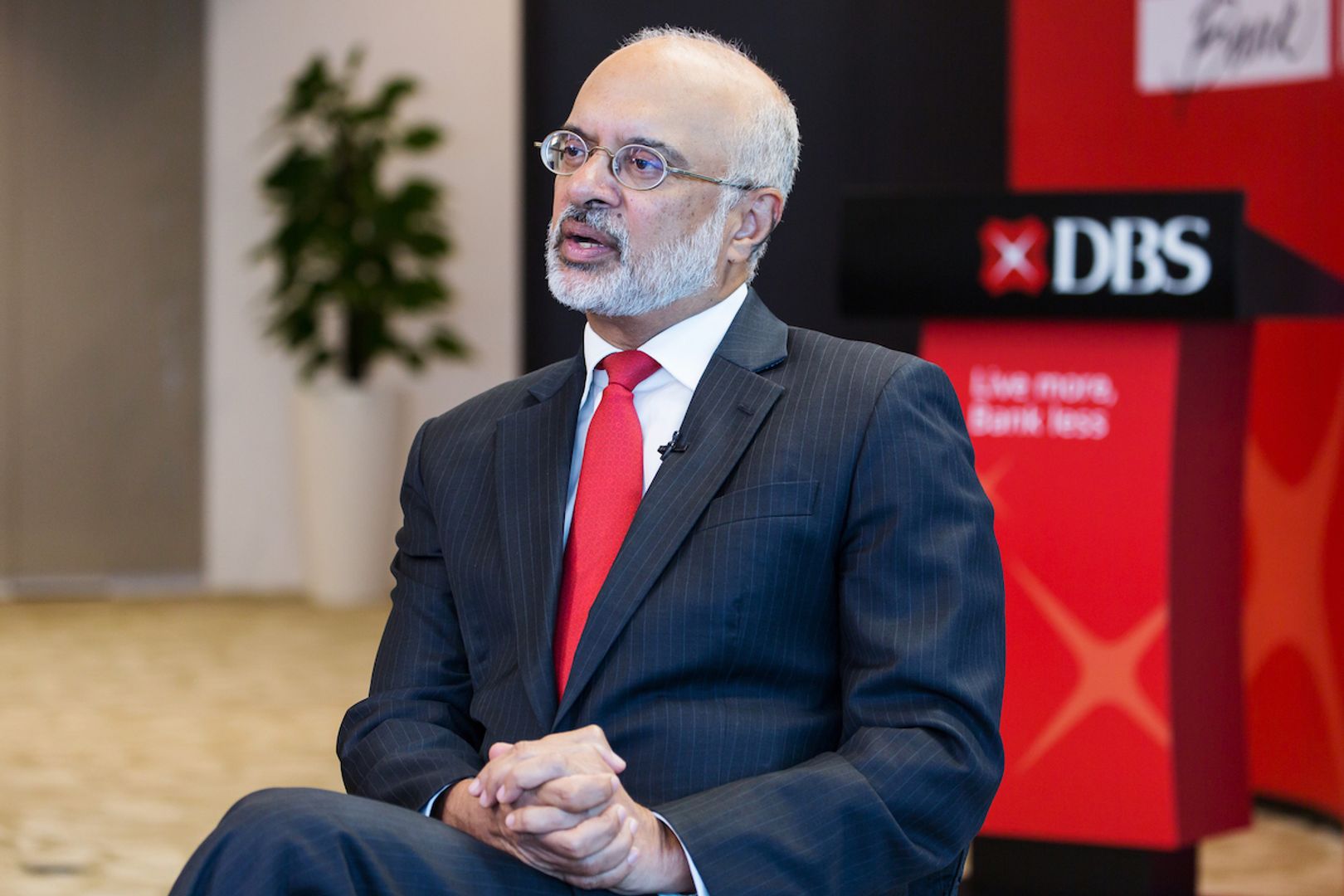
DBS and Goldman Sachs (GS), two leading financial institutions globally, have executed a groundbreaking over-the-counter (OTC) cryptocurrency options trade between banks, representing a significant milestone in the institutional adoption of digital assets in Asia.
This transaction involved cash-settled bitcoin and ether options, enabling the banks to hedge against exposure linked to crypto-based products. This development reflects longstanding practices in traditional finance, providing structured and customizable risk management tools for institutional portfolios.
This milestone aligns with the rising demand for digital asset derivatives. In just the first half of 2025, clients of DBS executed over $1 billion in crypto options and structured note transactions, with volumes increasing by nearly 60% from the first to the second quarter, according to the bank. Options grant holders the right, but not the obligation, to engage in transactions involving the underlying asset at a predetermined price within a specified timeframe.
“Professional investors are looking for secure, trusted, and well-managed platforms to develop their digital asset portfolios,” stated Jacky Tai, who oversees trading and structuring at the Singapore-based institution.
“Our agreement with Goldman Sachs exemplifies how platforms can leverage the robust credit ratings and structuring expertise of banks to import the best practices of traditional finance into the digital asset landscape,” Tai remarked in the statement.
Goldman Sachs, one of the pioneering Wall Street firms to provide crypto derivatives to institutional clients, noted that this agreement illustrates a shift in the market’s structure.
“The trade marks the establishment of an interbank market for cash-settled OTC cryptocurrency options, an area we anticipate will continue to expand as institutional investors become increasingly engaged,” commented Max Minton, the bank’s head of digital assets for Asia Pacific.
This transaction highlights how regulated banks are bridging the gap between traditional finance and crypto markets using familiar instruments like options, swaps, and structured notes. As more institutional participants begin to utilize such hedging strategies, the digital asset ecosystem in Asia is increasingly positioned to reflect the risk and liquidity frameworks that characterize global capital markets.

